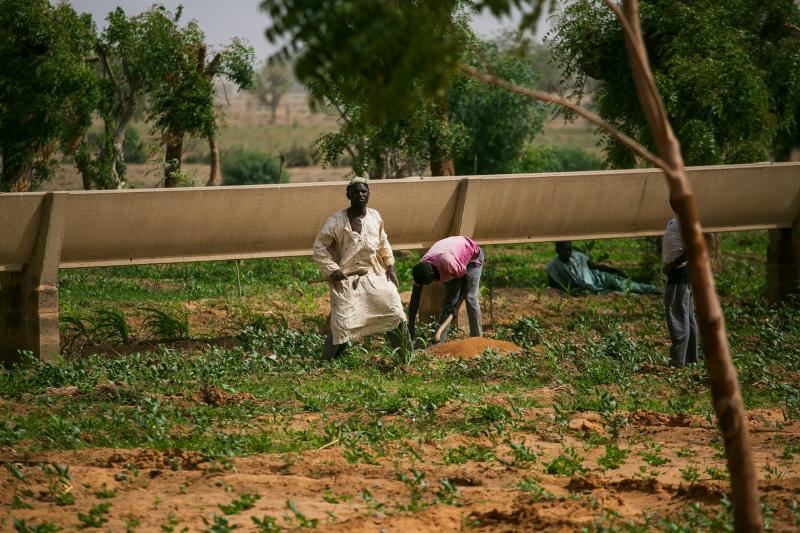A review of tenure and governance in the pastoral lands of East and West Africa
This report looks at how increased pressures and competition for natural resources and pastoral lands in East and West Africa have affected pastoralists' governance and tenure systems.
Pastoralism is a complex land use and livelihood system that converts often poor-quality natural resources, which are patchily distributed across a wide landscape or rangeland, into food and other livestock products.
This paper aims to explore how:
-
Pastoralists’ governance and tenure systems in East and West Africa are struggling to cope with new and/or intensified pressure for pastoral lands and natural resources and;
-
Why land tenure insecurity continues to prevail.
These new pressures, which result in the loss of pastoral resources and rangeland fragmentation, are not only problematic in terms of the quantity of land lost, but also because the land converted is often comprised of key grazing areas close to reliable water sources.
This leads to a cycle of reduced access to resources, the degradation of resources still accessible, weakened pastoral production systems and increased vulnerability to shocks or risks such as droughts. As the competition for land use increases, so does the chance of this competition turning violent.
Though the causes of these trends are highly complex, land tenure security or ongoing land insecurity in pastoral lands, has been identified as a key influencing factor. It is therefore an important consideration for SPARC and other research and development interventions in pastoral areas.
The report finds that pastoralists are increasingly taking strategic action to secure land and resources by developing new and hybrid types of tenure. Pastoralists’ own diverse adaptations and interventions point to the need to look beyond simplistic communal titling. Building the capacity of pastoralists to strategise and innovate in the face of land and resource tenure insecurity is a key intervention priority area whilst at the same time, formalisation schemes are being developed.
